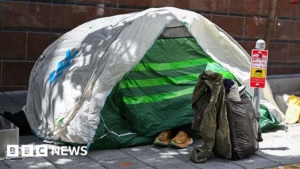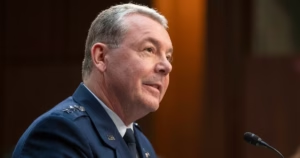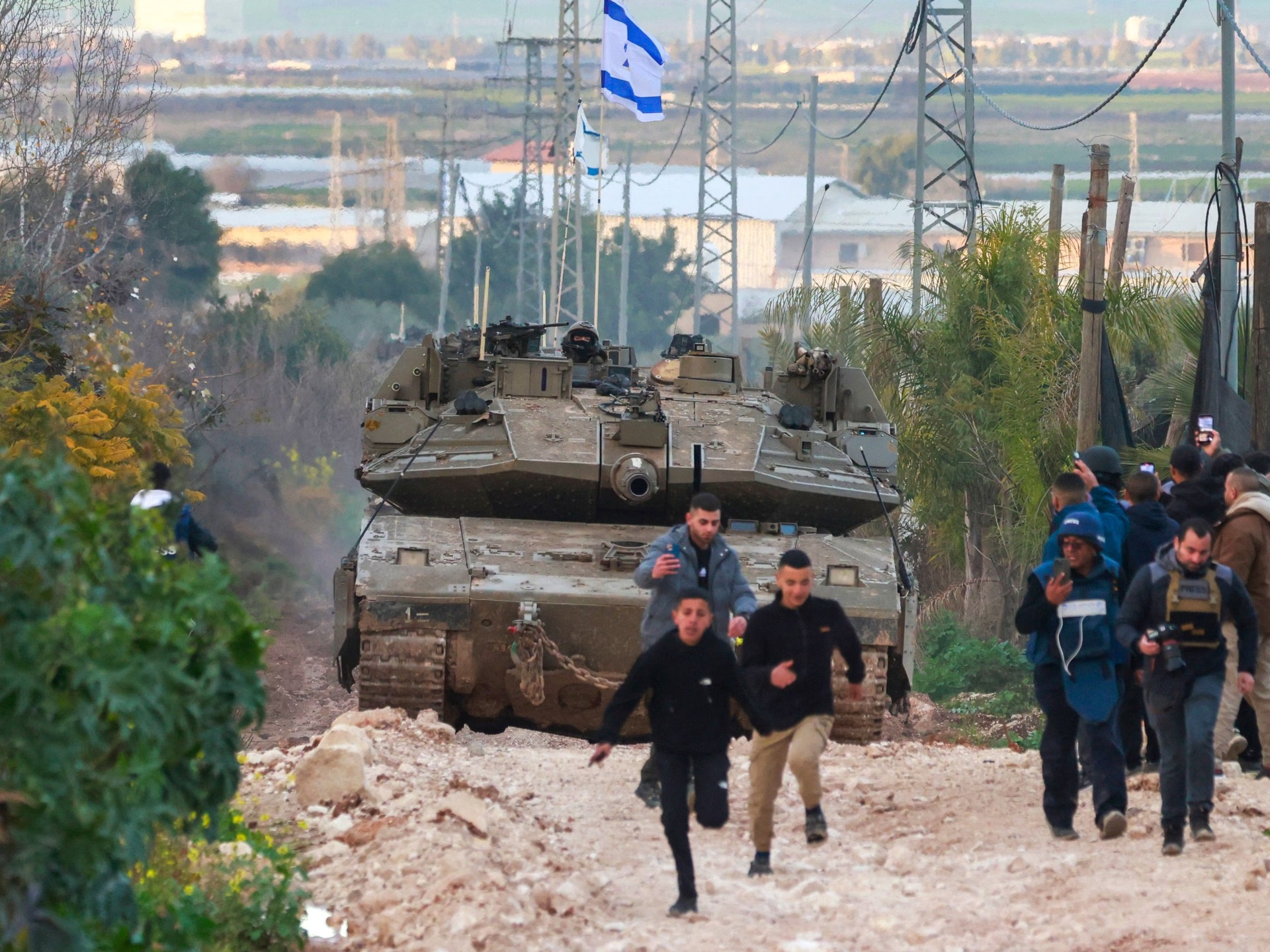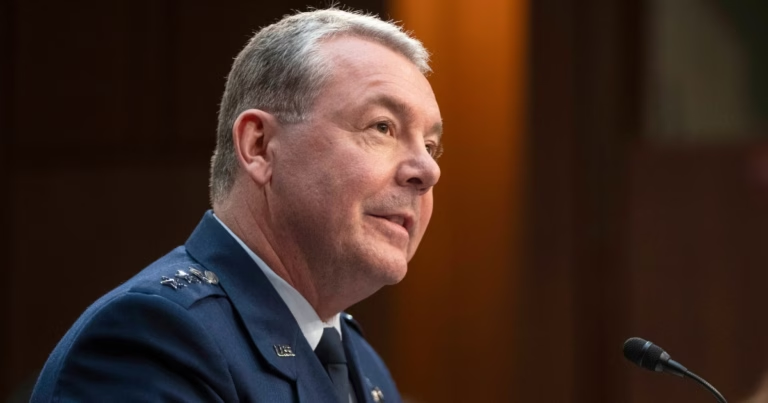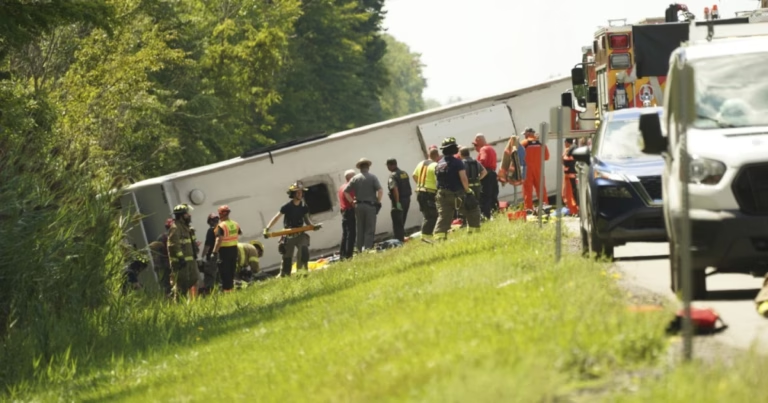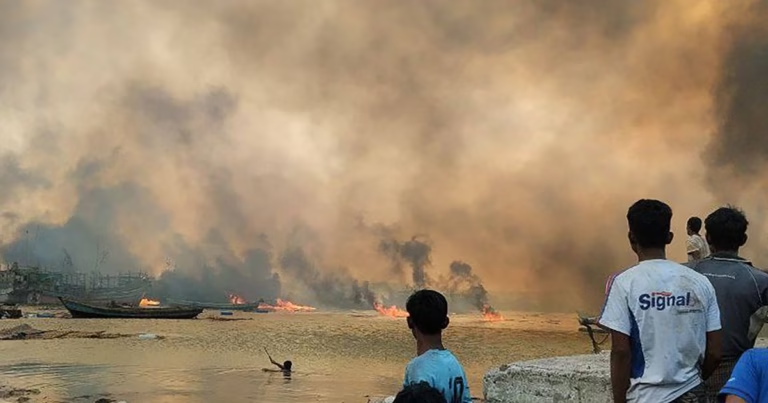Before my visit, my family’s land had been set ablaze by Israeli settlers during the olive-picking season. This incident followed similar attacks the previous summer and two more in the year prior, resulting in damages to property, crops, and ancient olive trees.
My father recounted how he felt powerless to extinguish the fire while armed settlers, shielded by Israeli forces, stood by. Even if the soldiers had not intervened, he would have lacked the necessary water to fight the flames due to its diversion by nearby unauthorized settlements.
The situation throughout the occupied West Bank has deteriorated significantly over the years, with a sharp escalation of violence beginning October 7, 2023. Almost half of all Palestinian children killed by Israeli forces or settlers since records began have been killed in the last two years.
This year alone has witnessed violence against Palestinians, including a two-year-old shot in her family home and a 23-year-old pregnant woman killed by Israeli forces. These are not isolated incidents but part of a broader trend where Palestinians are increasingly killed in unprecedented ways and at unprecedented rates.
Israeli military operations and arbitrary detentions have become commonplace. Among the 10,000 Palestinians in Israeli prisons are more than 300 children, many without charge and unaware of when they will be reunited with their families.
Villages are frequently attacked, homes demolished, and property destroyed at an accelerated pace. The infrastructure of occupation, including checkpoints and barriers, has intensified, making daily life for Palestinians unbearable. Almost 900 new military checkpoints and barriers have been erected since October 7, severely limiting movement and disrupting essential services.
What was once considered extreme has become routine, and the global community appears to be acclimating to it. There are now regular air strikes on refugee camps, hospitals under siege, and children shot near their homes in the occupied West Bank.
Recall the initial attacks on hospitals? The initial targeting of schools serving as shelters for displaced people? Remember the first fires from Israeli airstrikes that ripped through camps of displaced individuals. It is now challenging to recall the last such incident, as these violent outliers have become normalized and accepted as harsh realities in a distant land.
Similar dynamics are now unfolding in the occupied West Bank.
As a representative of Save the Children to the United Nations, I observe that the international community reflects this pattern. The continual lack of meaningful accountability for Israeli forces has cultivated a culture of impunity, leading to bombing of schools, burning of homes, and killing of journalists and humanitarian aid workers being perceived as “normal”.
Despite global events shedding light on Palestine, the situation remains unchanged. Recently, the Palestinian-Israeli film ‘No Other Land’ won the Oscar for Best Documentary. The director, Basel Adra, hoped that his daughter would not face the same life of fearing settler violence and home demolitions that he has experienced.
Despite the film’s international recognition, attacks by Israeli forces and settlers on Adra’s community, Masafer Yatta, have only intensified, with no substantial international response.
Faced with over a year of gruesome violence, it’s understandable to feel desensitized. The persistent media portrayal dehumanizing Palestinians and marginalizing their voices has disrupted the human connection and compassion.
However, governments cannot be excused for inaction. They have a legal responsibility to uphold international law, the principles of which are absolute and non-negotiable.
The violations occurring in Gaza and the West Bank have become normalized because those responsible for enforcing international law have accepted them.
It’s crucial to urge international bodies and governments to take concrete steps to hold accountable those responsible for these actions. This includes suspending arms transfers and bolstering mechanisms that challenge impunity for those violating international law.
The global community must decisively restore respect for international law. Governments that disregard these laws erode the foundation of a rules-based global order. While those who violate children’s rights and international law bear ultimate responsibility, all UN member states have a duty under the Geneva Conventions to ensure the principles are upheld.
Weekly slaughters, the brink of man-made famines, air strikes on refugee camps, and a two-tiered rights system are not normal. Detaining, imprisoning, and killing children are abnormal.
The time for passive observation has passed. The world must demand accountability, support humanitarian initiatives, and refuse to accept the unacceptables. Every delay costs lives, weakens the system meant to safeguard individuals across the globe. Only through collective action can we break this cycle of violence and ensure a future where all children in Palestine and Israel, regardless of their ethnicity or religion, are protected and valued.
The views expressed in this article are solely those of the author and do not necessarily reflect the editorial stance of Al Jazeera.
